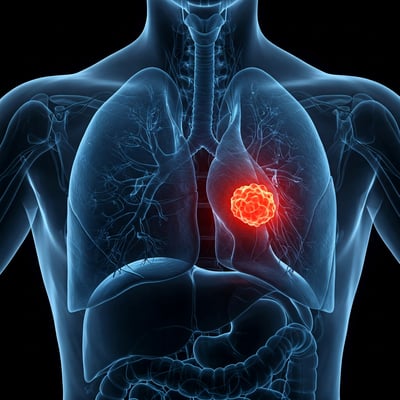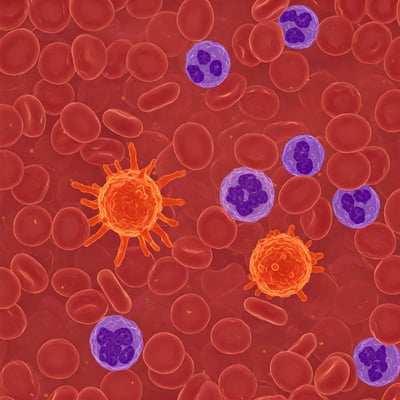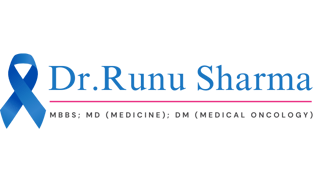🌬️ Lung Cancer
Lung cancer begins in the tissues of the lungs and is one of the most researched and rapidly advancing areas in cancer care. With early detection and a wide range of modern treatments, many patients experience excellent outcomes and improved quality of life.
✅ Common Signs to Watch For:
Persistent cough
Shortness of breath
Chest pain
Unexplained weight loss
Screening (especially low-dose CT scans) is highly effective for early detection, particularly for individuals at higher risk.
🌟 Treatment Options for Lung Cancer:
Treatment plans are customized based on the type, stage, and molecular profile of the cancer. Common options include:
Surgery:
Removal of the tumor or part of the lung (lobectomy) to achieve complete cure when possible.
Radiation Therapy:
Precisely targets cancer cells and can be combined with other treatments for optimal results.
Chemotherapy:
Used to destroy cancer cells and prevent spread, often combined with surgery or radiation.
Targeted Therapy:
Highly effective for cancers with specific genetic changes (e.g., EGFR, ALK mutations).
Immunotherapy:
Stimulates the immune system to recognize and attack cancer cells, offering durable results for many patients.
Combination Therapy:
A strategic blend of different treatments to maximize success.


🧠 Understanding Lung Cancer:
Lung cancer typically starts in the cells lining the airways and can be classified mainly into two types:
Non-Small Cell Lung Cancer (NSCLC): The most common and generally slower-growing type.
Small Cell Lung Cancer (SCLC): A faster-growing type that often responds well to treatment.
Early diagnosis and personalized treatment strategies have led to significant improvements in survival rates and long-term management.

🩸 Blood Cancer
Blood cancer (also called hematologic cancer) affects the blood, bone marrow, or lymphatic system. Thanks to continuous advancements in medical science, blood cancers are highly treatable today, with many patients achieving long-term remission and excellent quality of life.
✅ Common Signs to Watch For:
Unexplained fatigue
Frequent infections
Easy bruising or bleeding
Swollen lymph nodes
Bone or joint pain
Routine blood tests and imaging studies help in early and accurate diagnosis.
🌟 Treatment Options for Blood Cancer:
Modern treatments for blood cancer are highly effective and tailored to each patient's specific needs:
Chemotherapy:
Used to eliminate abnormal blood cells and promote the growth of healthy cells.
Targeted Therapy:
Focuses on specific genetic markers to directly attack cancerous cells with precision.
Immunotherapy:
Strengthens the body's immune system to better identify and destroy cancer cells.
Stem Cell Transplant (Bone Marrow Transplant):
Replaces damaged bone marrow with healthy cells to restore normal blood production.
Radiation Therapy:
Used in some cases to target affected areas and support overall treatment.


🧠 Understanding Blood Cancer:
Blood cancer occurs when abnormal blood cells start growing uncontrollably, interfering with the normal function of blood cells that fight infections or produce new blood cells. There are three main types:
Leukemia: Cancer of the blood and bone marrow.
Lymphoma: Cancer of the lymphatic system.
Myeloma: Cancer of the plasma cells in the bone marrow.
Early diagnosis and personalized treatment plans are key to successful management.
contact@drrunusharma.com
© 2025 by Dr. Runu Sharma. All rights reserved design and developed by Aline Solutions Online
First Floor, RS Aesthetics and Clinics Bishan Tower, 17/1-A, Canal Rd, near Mata Bala Sundari Mandir, Jakhan Dehradun, Uttarakhand 248195, India.
